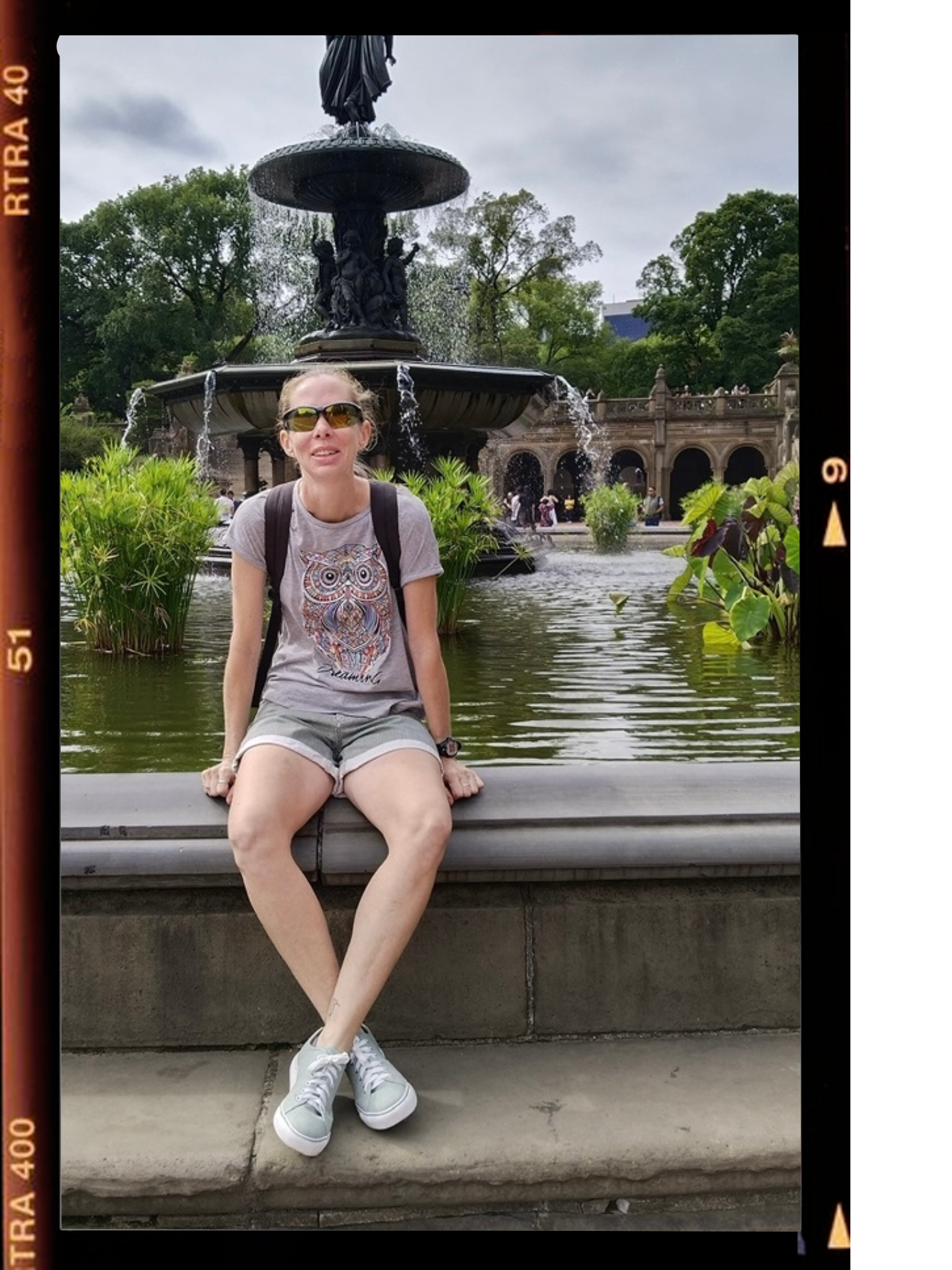
Introducing Dr Kelly Robinson
The Re-imagining Reproduction project has seven postdoctoral research fellows working in various African countries. We are excited to introduce Dr Kelly Robinson to our community. We asked Kelly eight questions to get to know her better.
Please tell us who you are, what your area of interest/expertise is, and where in the world you work.
I am based in Johannesburg, South Africa. My research interests explore the complex social issues of transracial adoption, baby abandonment and sexual and reproductive rights. These topics are approached through a social constructionist lens, driven by the desire to understand how narratives are shaped through various power dynamics within society. I seek to understand how narratives are created, challenged and reinforced over time.
What/who inspired your current research field?
As a young undergraduate student, I spent my long year-end vacations volunteering at a Johannesburg-based place of safety that care for abandoned babies, with the aim of long-term care placement in the form of adoption, foster care or family reunification. After completing my honours degree, I joined the organisation full time for 18 months. During this time, many of the babies were placed in adoptive families.
I often wondered how these children’s lives unfolded post-adoption. What were they told about their early beginnings, how did they navigate conversations about their family structures and identities. These questions remained and eventually became a central part of my academic journey. Prior to pursuing my PhD, I worked for various non-governmental organisations in diverse areas of childcare. These experiences shaped and refined my research interests. Through my doctoral work, I was finally able to explore the questions that have long been on my mind. I look forward to continuing this academic journey, particularly within the South African context, where significant research gaps remain.

What projects have you been working on recently?
Over the past six years, I have worked in the general aviation industry – a sector distinct from my core research interests. In this unfamiliar field, I was presented with a steep learning curve, and the challenges of this industry proved to be both stimulating and rewarding. Throughout the time spent working in this industry, my goal remained to return to the academic space. To ensure that I kept current with developments in the field, I continued to read and follow discussions with interest. I am excited to now be able to dedicate my time fully to the area of work that both interests and challenges me.
What about your work challenges you, and which parts make you smile?
The research topics which my work focuses on are challenging; they confront the harsh realities of baby abandonment and the sometimes-indifferent responses of society. It is on days like these that I remember that there are glimmers of hope at the end of some of these stories. I have had the privilege of meeting two of the babies, both of whom I named, whom I collected from the hospital after abandonment and saw through to their adoption days. Knowing how their lives have developed since adoption reminds me that compassionate intervention has an impact on the lives of those who benefit from it.
What three positive things have you achieved in the last year?
I am new to the field of full-time research and the generation of publications, as I worked in an unrelated industry; I don’t have three positive achievements to list for the past year. I would have to say that being awarded the position of post-doctoral fellowship with Re-imagining Reproduction is a positive. I look forward to achieving more positive things as the year progresses.
What advice can you give to people aspiring to work in your field?
As I am still learning in this field and have very limited experience, I am going to answer this question by drawing on wisdom shared with me by a close friend at the start of my PhD journey. Over a cup of she said, “Be sure that you are passionate about your area of research, you’ll be living with it every day!” This advice stayed with me through the PhD process. This space is one which challenges the researcher as there are no classmates to bounce ideas off or to discuss articles with. Reading, thinking and writing is done alone. Whenever challenges arose, I remembered this conversation and the motivation that I had to start the project and therefore to see it to its end. I believe that this advice is applicable here, too. Be passionate about the work, knowing that it will challenge you in ways you possibly never imagined.
What impact would you like your work to have?
I want to see changes in the conversation and subsequent actions or inactions in response to child abandonment in South Africa. The abandonment of children, particularly babies is not a new occurrence, but little seems to have changed in the core elements that result in the occurrence of abandonment.
If you had the opportunity to change anything in your field: what would it be, how would you change it, and why?
Frequently, I am frustrated by the polarised stances taken by various stakeholders in South Africa regarding transracial adoption and child abandonment. While there is merit in the opinions of both groups, the apparent unwillingness to engage and seek to understand opposing views is discouraging. If I were given the opportunity to shift this polarised position, I would meet the challenge by convening a round table discussion where ideas, positions and understandings could be thrashed out with the aim of creating a plan that would ultimately benefit the well-being of the babies and children each party seek to care for. If understanding of the polarised positions could be reached, a space to formulate meaningful, tangible solutions may be created and a path to progress generated.